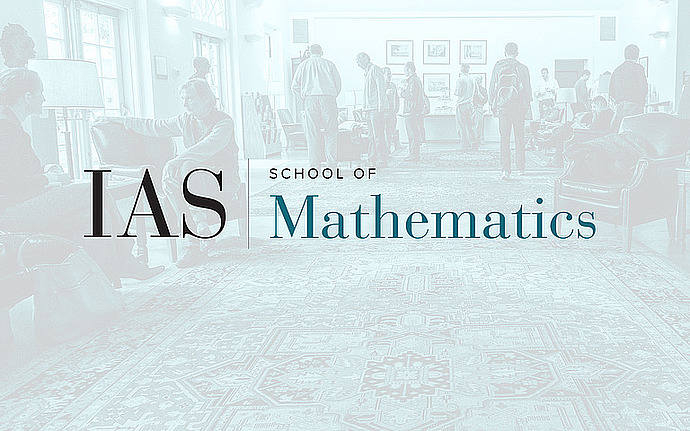
Computer Science/Discrete Mathematics Seminar II
Derandomization and its connections throughout complexity theory
This is the second talk in a three-part series presented together with Roei Tell.
The series is intended to survey the fast-paced recent developments in the study of derandomization. We will present:
- A revised version of the classical hardness vs randomness framework, converting new types of uniform lower bounds into non-black-box derandomization algorithms.
- Unconditional derandomization of an important class of Merlin-Arthur protocols, and stronger circuit lower bounds from derandomization.
- Optimal derandomization algorithms that incur essentially no runtime overhead (a.k.a "free lunch derandomization").
The second talk will present the recent developments on proving circuit lower bounds from non-trivial derandomization (a.k.a., the algorithmic method). As the main focus, I will show how to derandomize Merlin-Arthur protocols with ACC^0 verifiers in nondeterministic quasi-polynomial time infinitely often and consequently deduce ACC^0 lower bounds.
I will first present a recent perspective on the algorithmic method that decomposes the whole proof into three conceptual ingredients and show how these three ingredients lead to new circuit lower bounds. Next, I will explain one of the ingredients in more detail: an approach for unconditionally derandomizing Merlin-Arthur protocols whose verifiers have small circuits from a certain circuit class.